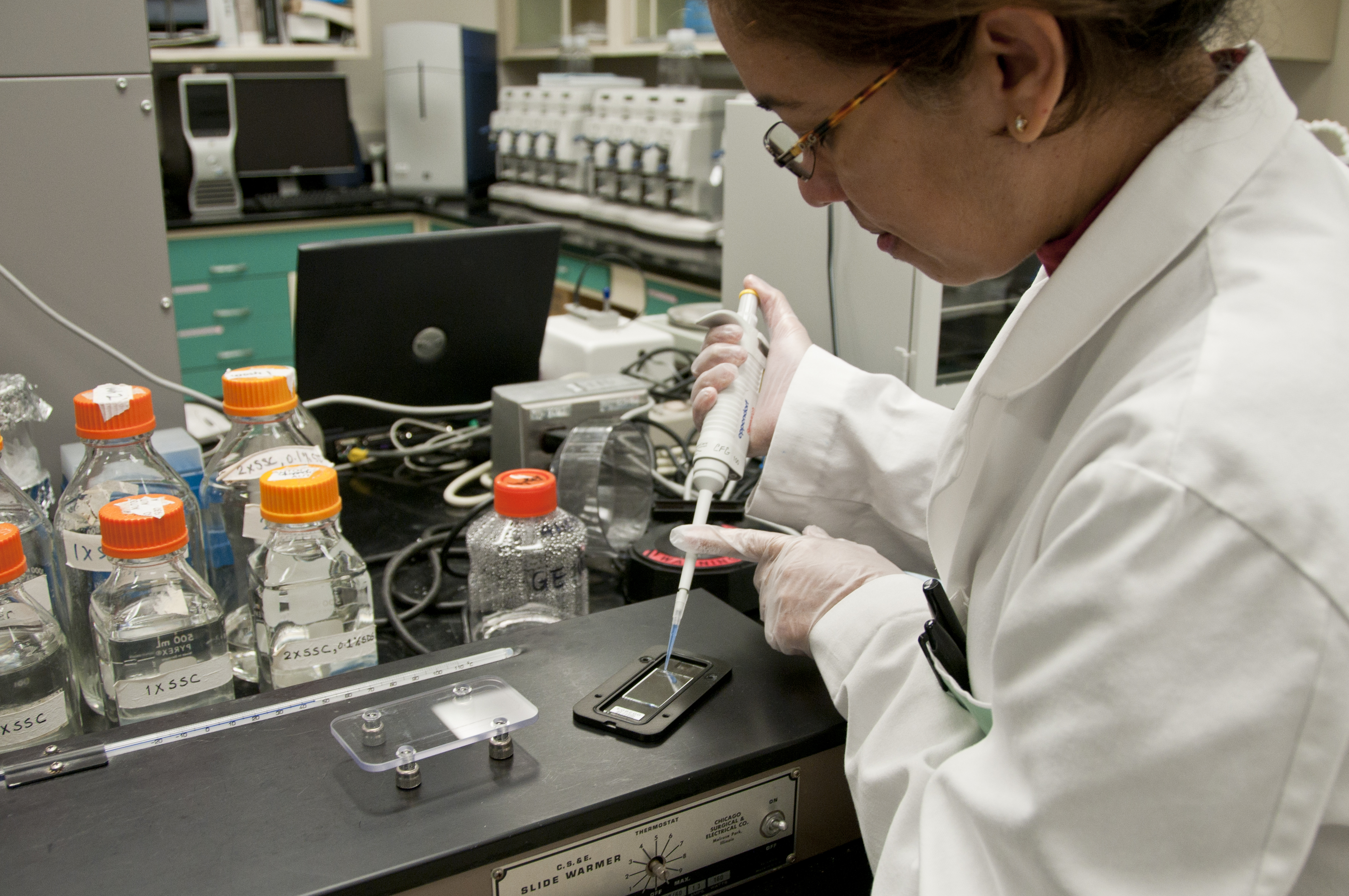
Photo from academic.microsoft.com
The COVID-19 pandemic has had both financial and activity-related effects on a number of areas of activity, among which those involving the creative industries have proved to be weak in… Click to show full abstract
The COVID-19 pandemic has had both financial and activity-related effects on a number of areas of activity, among which those involving the creative industries have proved to be weak in their capacity to survive the halting of all events held in physical spaces. The long-term effects of the current health crisis are bringing about changes in cultural demand and offer and highlighting the need to adapt and to think of new ways of functioning. Taking its cue from this situation, the research underlying our article set out to investigate the ways in which Romania’s independent creative sector is adapting. We achieved this by means of conducting 25 semi-structured interviews and undertaking case studies of two cities that are among the most effervescent from the point of view of cultural and creative industries, Timișoara and Cluj-Napoca. With the strengthening of this sector as the aim in view, the forms of early social resilience we identified are capable in the short term of taking action to ensure the survival of some of the spaces; in the medium term, through activating mechanisms that encourage entrepreneurial spirit, they will be able to adapt to any external shock.
Journal Title: International Journal of Environmental Research and Public Health
Year Published: 2021
Link to full text (if available)
Share on Social Media: Sign Up to like & get
recommendations!